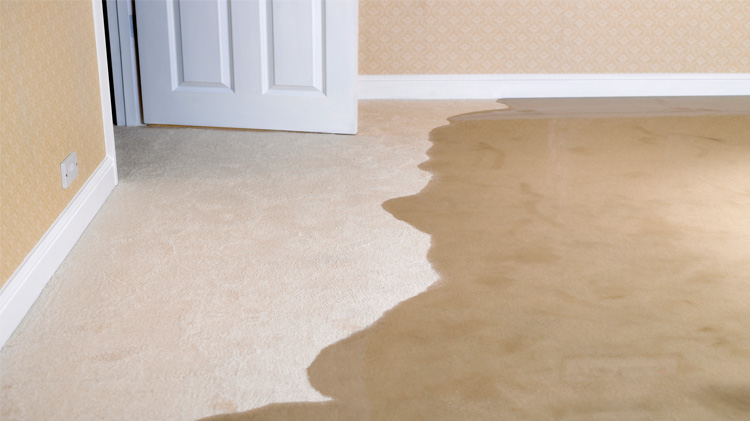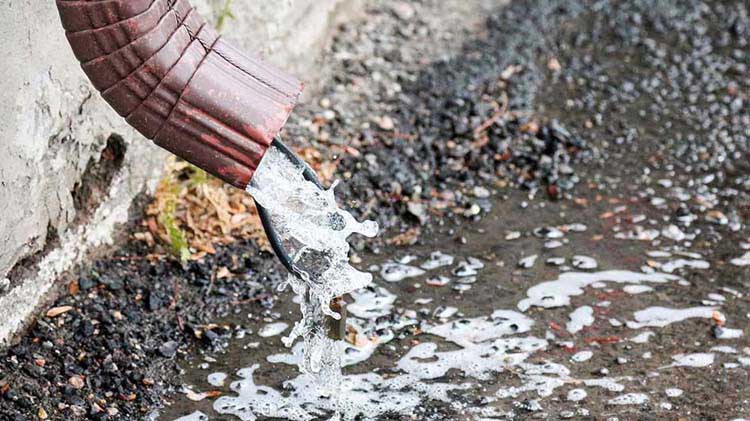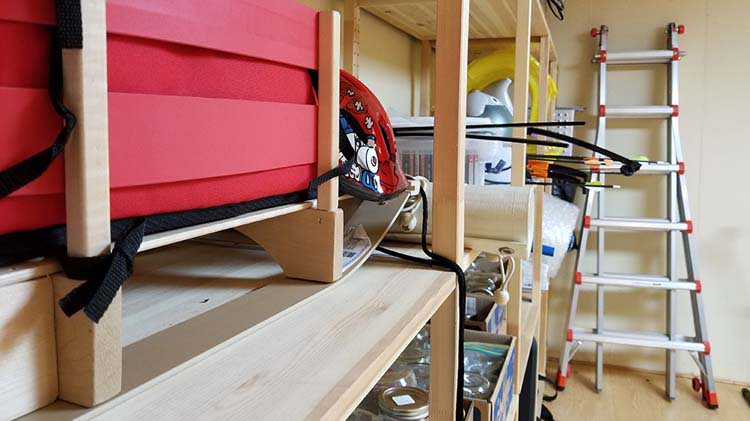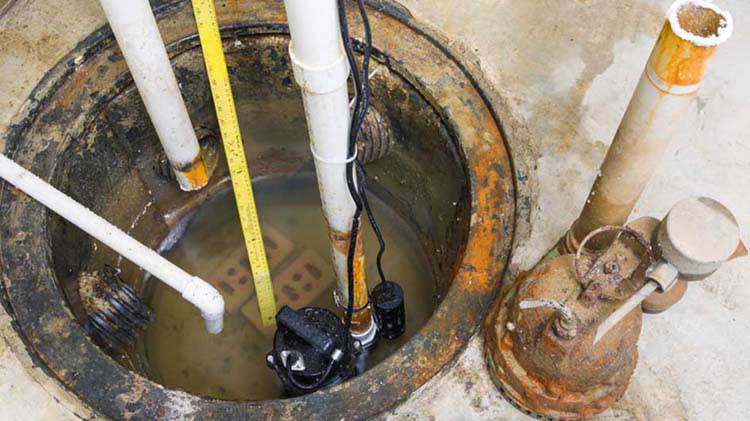What to do when your basement floods
A flooded basement: Safe steps to clean up and help prevent future damage.
Too much rain, a malfunctioning sump pump, a pipe that bursts: Those are just a few of the reasons for basement flooding. If your home's below-ground level unexpectedly takes on water, it's important to follow a basement flooding repair plan — quickly. Here's where to start and what to do.
Who to call when your basement floods
Call an electrician
Under no circumstances should you ever wade through water in your home's basement until the electricity is safely shut off. In most cases, the circuit breaker is located in the basement; if it is, call an electrician to have it shut off. If the circuit breaker is elsewhere, shut off power to your home before entering the flooded basement.
Contact your gas company
Many appliances located in the basement use gas including water heaters and furnaces. In the case of a flooded basement, pilot lights may turn off, which can cause natural gas leaks. Contact your gas provider so they can give you advice on how to proceed or in case they need to come out and turn off the gas supply safely and temporarily for you.
Contact your State Farm® agent
Your agent can help you with submitting the claim to determine whether coverage applies, and possibly suggest contacts for professional help, should you need it.
What to do if your basement floods
Remove as much water as you can from a flooded basement
Lesser amounts of water — say, a few inches — can probably be easily removed with a wet vac. If there's anything more than that, you may need the help of a professional, such as a plumber or water mitigation vendor.
Clear out everything and assess damage to belongings
Anything that's salvageable from a flooded basement should be placed in a clean, dry spot such as a garage where it can begin to dry out. Throw away anything that's ruined beyond repair, including flooring. Finally, contact a professional cleaning company to review items that may be able to be cleaned.
Thoroughly dry out the flooded basement
Cleaning the basement itself shouldn't happen until after the lower level is thoroughly dry. Fans and dehumidifiers can help.
Begin basement flood clean up
Any flooded basement needs to be thoroughly cleaned to help prevent household mold. It can be useful to clean one day, then come back and repeat the process.
Fix the basement flooding problem
Whatever caused the flooded basement in the first place should be fixed. If a drain didn't work, consult a plumber. If a gutter is clogged, have it cleaned. If a sump pump didn't work, replace it and regularly check that it's working properly.
Re-store items in the basement
Consider using shelves to elevate belongings off the floor and closed, plastic containers to keep items sealed and more protected. Also look at these ideas about how to store items in your basement and how to prevent future water problems.




